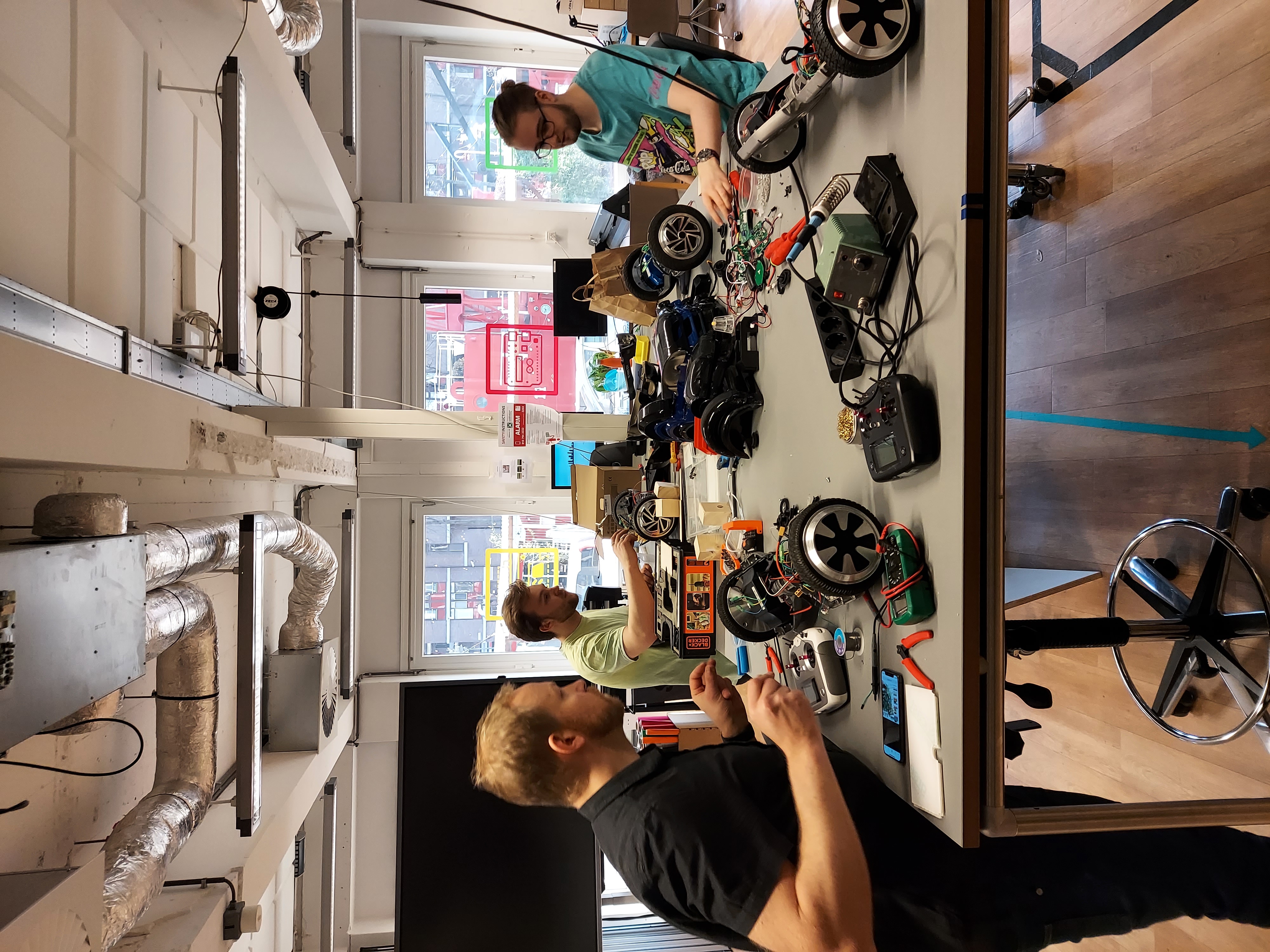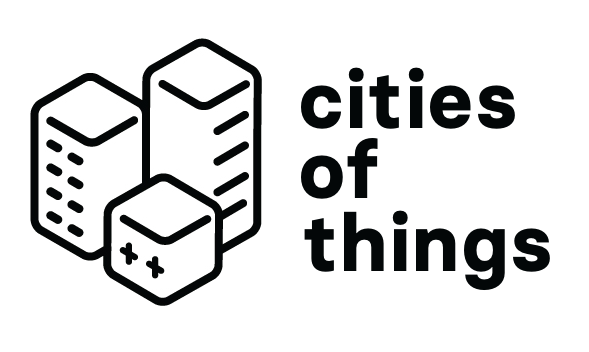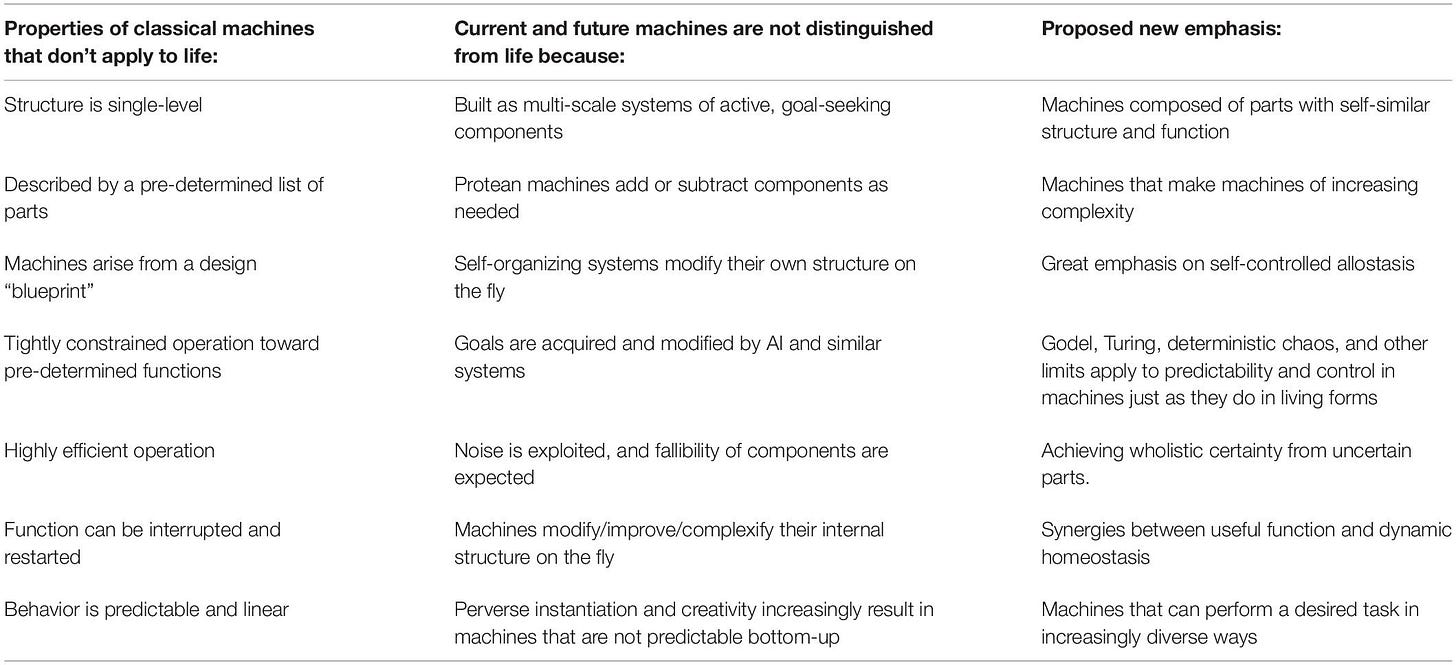At the 10th edition of the IoT Rotterdam event on 8 April 2022, organized by Creating010 of Rotterdam University of Applied Sciences, Cities of Things will be one of the organizers of the hackathon. More than even hacking, prototyping “urban smart-things” as a different name for citythings will be key. And these prototypes will be tested on the streets of Rotterdam by the teams.
In the hackathon teams of participants will rapidly conceptualize and prototype an “urban smart-thing”: a plausible, autonomously operating agent envisioned to roam the public spaces of the near-future Rotterdam. The participants will confront the prototype with the citizens of Rotterdam in the public areas of the city, interview them and jointly reflect on the necessary forms and shapes of the public debate around the role of AI in cities.
The prototype will use a pre-made “wizard-of-oz” platform, allowing a human operator to remotely simulate an AI algorithm, and control the movement of the prototype. Examples of possible prototypes include, but are (by far) not limited to a mobile garbage bin, interactive street signage, or a mobile plant.
See this movie to get an impression:
The teams will work at the new VONK Innovation Center located just off Coolsingel in Timmerhuis. The results of the explorations will be presented end of the day at Het Nieuwe Instituut where the conference program of IoT Rotterdam is located.
Find more information on the website of IoT Rotterdam, and if you read this on time, please join us!

The hackathon is part of the activities of Cities of Thing Lab010 field lab. We keep you posted on the results!
Background
AI is increasingly used in cities to improve their efficiency, as part of urban services and infrastructure, but is also being embedded in various kinds of soon-to-be-autonomously operating agents. Autonomous passenger cars are only one example of such use of AI that will become commonplace within the coming decade. There will also be autonomous garbage collection vehicles, safety, and traffic monitoring agents, advertising and informational bots, delivery vehicles, and many more… As citizens we still rarely think about the impact that such autonomous AI agents will have on our everyday life, beyond the advertised improvement of everyday conveniences, such as the comfort of care-free riding in a self-driving car, or receiving fast online deliveries. Autonomous AI agents will soon, however, impact almost every aspect of our lives, for example
- will share the public space with us on every step,
- will take over automatable jobs (chauffeurs, vendors, cleaners),
- will be used to monitor us and enforce rules and laws (street signage and access control).
We can’t fully predict what the impact of autonomous AI agents will be on our society and cities, but we can try to collectively envision, understand and democratically shape the applications of this future technology so that it serves our society to the best possible extent. However, as non-expert citizens, we lack first-hand experiences with autonomous agents in the everyday-life setting, which we could use as a point of reference for debate and contestation of AI-related developments.

